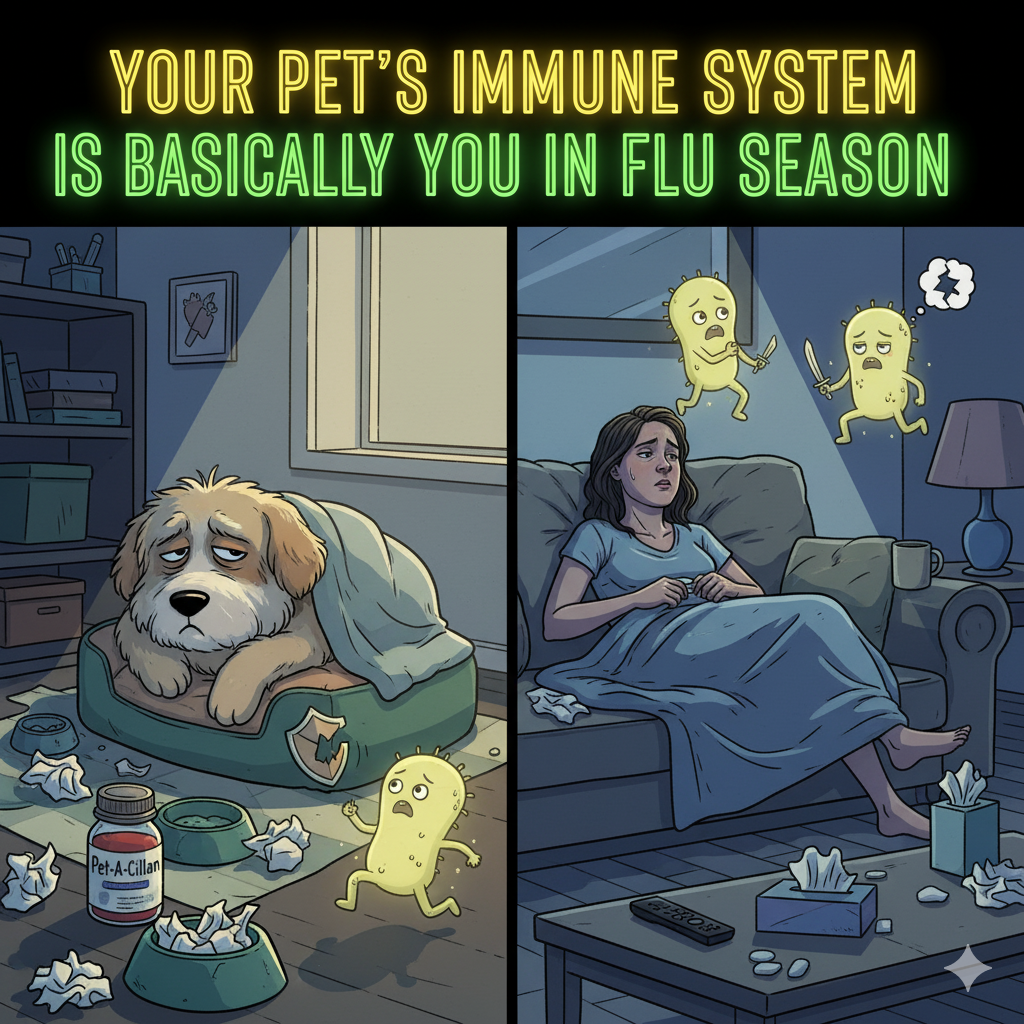Unlike household pets, working dogs perform demanding tasks that place high energy demands on their bodies. Whether it’s a police K9, search and rescue dog, or a farm herder, these canines require a specialized diet that meets their elevated activity levels.
Working dog food needs go beyond basic kibble. To sustain endurance, focus, and performance, your dog needs a diet rich in protein, fats, and essential nutrients. This becomes even more important if you’re a professional dog trainer, hunter with active dogs, or someone managing highly active large breeds like German Shepherds or Huskies.
Protein: The Fuel for Strength and Recovery
Protein is the foundation of any working dog nutrition plan. It builds and repairs muscles, promotes energy, and enhances overall vitality.
For best results, choose dog foods with real meat—like chicken, beef, lamb, or salmon—as the primary ingredient. High-protein formulas (26–32%) are ideal, particularly those designed for dog agility enthusiasts, search and rescue units, or military service dogs.
Transition Tip: In addition to protein, ensure that the formula includes amino acids like taurine and L-carnitine to support heart and muscle function.
Why Fats and Calories Matter
Caloric requirements for working dogs are significantly higher than those of companion dogs. Some breeds burn up to 2–3 times more calories daily due to physical labor.
Fats serve as a dense energy source and help maintain coat health and joint flexibility. Look for food with 18–25% fat content for maximum stamina. As a result, energy-rich dog food options are often recommended for long training sessions or active jobs.
For example, search and rescue dogs working in rugged terrain need food that sustains their energy without causing digestive issues.
What About Carbs and Grains?
The inclusion of carbohydrates in dog food for active dogs is a debated topic. However, not all carbs are bad. Complex carbohydrates from brown rice, oats, or sweet potatoes offer slow-burning energy.
On the other hand, some dogs may benefit from grain free working dog food, especially if they have sensitivities or allergies. These formulas often use sweet potato or lentils as carb alternatives. That said, not all dogs need grain-free diets, and veterinarian recommended dog food USA brands can help guide this decision.
Tip: Always consult with veterinarians and dog nutrition consultants before switching to a grain-free diet.
Vitamins and Micronutrients Are Essential
A complete and balanced diet for working dogs must include micronutrients. Vitamins A, D, E, and B-complex support immunity, vision, and metabolic function. Additionally, minerals like zinc, calcium, and selenium are vital for bone health and recovery.
Supplements like glucosamine and chondroitin can be especially helpful for dog owners with active large breeds, such as Labrador Retrievers or Malamutes, prone to joint strain.
Trusted Performance Dog Food Brands in the USA
Not all kibble is created equal. It’s crucial to choose brands with a proven track record of meeting working dog food needs.
Highly-Rated Performance Brands:
- Purina Pro Plan Sport
- Victor Hi-Pro Plus
- Eukanuba Premium Performance
- Annamaet Ultra 32%
- Taste of the Wild PREY (grain-free option)
These are often the go-to choices for dog breeders specializing in work breeds like Belgian Malinois and Border Collies.
To explore more tailored options, check this comparison of the best dog food for large breeds.
How to Build a Working Dog Nutrition Plan
Crafting the right working dog nutrition plan involves more than just picking the right kibble. It includes managing portion sizes, feeding times, and adjusting based on workload.
Sample Feeding Schedule:
| Time | Meal Components | Purpose |
|---|---|---|
| Morning | High-protein kibble + egg | Start the day with muscle fuel |
| Mid-day snack | Greek yogurt + carrot stick | Digestive support & light energy |
| Evening | Meat & rice + omega-3 supplement | Recovery after work |
| Anytime | Clean water | Hydration is non-negotiable |
This plan can be adjusted depending on the season, job type, and activity level.
Tailoring Food to Your Dog’s Job
For Police K9 Unit Handlers:
Choose kibble with high protein and brain-supporting nutrients like DHA and L-arginine for quick reflexes and stamina.
For Farm and Ranch Dog Owners:
Working outdoors in varied climates? Go for food that offers extra calories during colder seasons and leaner formulas during off-duty months.
For Dog Agility and Sport Enthusiasts:
Fast-moving dogs need joint and paw support. Choose formulas with glucosamine, fish oil, and adequate fiber for digestion.
For Search and Rescue Dog Owners:
Their unpredictable working environments demand adaptable food with high digestibility and immune-boosting antioxidants.
For Military or Service Dog Trainers:
Dogs in training or active duty need consistent energy levels, so a high-protein, high-fat formula is essential.
Expert Tip: Consult Your Vet
Before making any major changes to your dog’s diet, consult a veterinarian or dog nutrition consultant. They can assess breed-specific needs, identify food sensitivities, and recommend appropriate portion sizes.
Regular check-ups and weight monitoring can also ensure your dog’s diet continues to meet their performance goals.
Quick Checklist: Does This Food Fit My Working Dog’s Needs?
Here’s a final checklist to help you choose the right food:
- Meets your dog’s energy and protein requirements
- Designed specifically for working or active dogs
- Offers a balance of protein, fat, carbs, and micronutrients
- Approved or recommended by veterinarians
- Contains no unnecessary fillers or artificial colors
- Works well with your dog’s breed, job, and age
If most boxes are ticked—congratulations, you’re fueling your dog for success!
Final Thoughts
Feeding a working dog isn’t just about calories—it’s about performance, health, and longevity. From hunters with working dogs to dog breeders of work breeds, every responsible owner must understand working dog food needs to ensure their companions thrive.
With the right combination of protein, fat, carbs, and expert guidance, you can build a customized diet that supports your dog’s job and health for years to come.






1 thought on “How to Choose the Right Food for Your Working Dog”